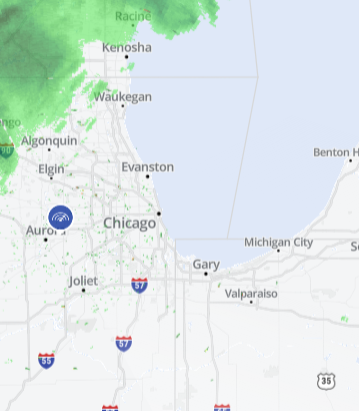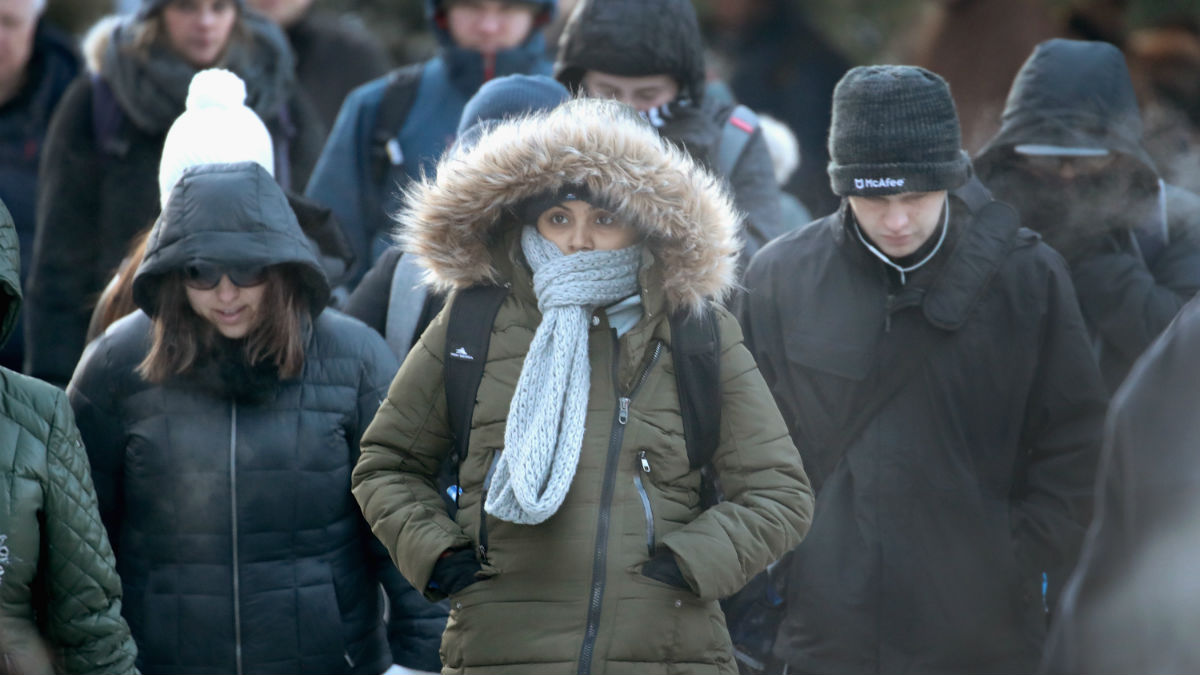Who in Chicago will be first in line to receive the coronavirus vaccine once it's approved and sent to the city? Chicago's mayor and top health official outlined the city's plan on Wednesday, detailing the loose order in which residents will be vaccinated.
First in line will be "healthcare workers who treat COVID patients or conduct procedures that put them at high risk for COVID-19 spread" at all 34 hospitals in Chicago, according to Mayor Lori Lightfoot and Chicago Department of Public Health Commissioner Dr. Allison Arwady.
Those initial doses could be allocated beginning as early as next week, officials said, pending approval from federal regulators slated to be considered in the coming weeks. Both Pfizer and Moderna have submitted for emergency use authorization of their vaccines to the FDA.
CDPH anticipates receiving 23,000 doses in the initial batch, though reports of those numbers have fluctuated. Health officials say additional doses of the vaccine will arrive in Chicago every week thereafter, though exactly how many is unclear.
Chicago health officials said there are roughly 400,000 health care workers in the city, including doctors, nurses and other hospital staff.
After frontline health care workers, the city says priority will be given to: residents and staff at long-term care facilities, workers in essential and critical industries including emergency services personnel, people at high risk for severe COVID-19 illness due to underlying medical conditions and people ages 65 and older.
Local
City officials say the goal is for all adults in Chicago to be vaccinated at no cost to the individual in 2021 through doctors' offices, retail pharmacies, hospitals, health centers and more.
CDPH is prioritizing long-term care facilities for several reasons, health officials said, namely because the pandemic has severely impacted these facilities, as well as because of the history of structural racism that has created mistrust in the Black community. Officials noted that many residents and staff of long-term care facilities are Black Chicagoans.
“Importantly, we also have plans to ensure equal vaccine access throughout the city," Arwady said. “We know that some communities, particularly the Black community, are less likely to get the flu vaccine, and we need to be honest about historic harm and structural racism that has created this mistrust. That’s why we’re working so closely with community partners and the mayor’s Racial Equity Rapid Response Team.”
The city's plan closely mirrors the plan released Tuesday by Illinois health officials, who also said they expect the first shipments of the vaccine to arrive next week.
Gov. J.B. Pritzker said Tuesday that he has been told that the vaccine will likely start to arrive during the “week of Dec. 13 to the 19th,” but cautioned that the Centers for Disease Control and Prevention, along with the federal government, have been giving the state some mixed signals on an exact delivery date.
That said, Dr. Ngozi Ezike, director of the Illinois Department of Public Health, says the state is still planning to receive doses of the vaccine during that time frame.
“We are expecting the vaccine next week,” she said. “And we’re expecting vaccine doses to arrive every week thereafter. We may be looking at just Pfizer initially, but then we hope that other vaccines will be coming shortly after that.”
The state is currently slated to receive approximately 109,000 doses of Pfizer’s vaccine when the drug is approved by the FDA, including the 23,000 slated to be sent directly to Chicago.
Once those vaccines do begin to come in, Ezike says that the state will pull out all the stops in an “All-In Illinois” effort to make sure that the vaccine is administered as quickly and efficiently as possible.
“People will go to their doctor’s offices. Mass vaccination drives will be held. Some in churches, pharmacies, local health departments,” she said. “There will be myriad opportunities to get the vaccine. We want some drive-thru vaccination efforts too. Those will continue to ramp up as it becomes widely available to the public.”
According to Pritzker, each county has put together its own plan for how the vaccine will be distributed, with the governor pointed out that cities like Chicago and more rural communities will have different strategies in place to ensure that the vaccine is distributed as equitably as possible.
Illinois health officials said health care workers, first responders, and residents and staff of congregant living facilities will be among the first people in the state to have access to the treatments when they are delivered.



